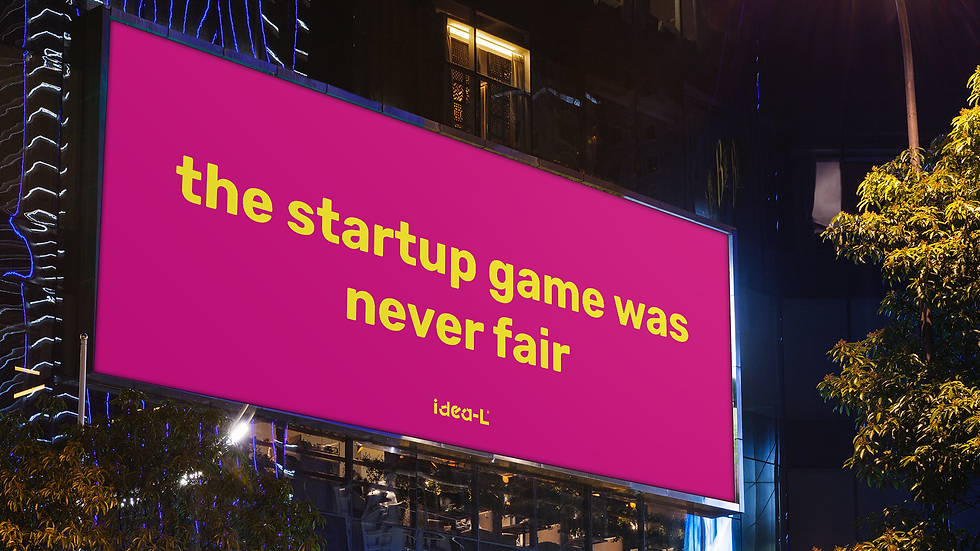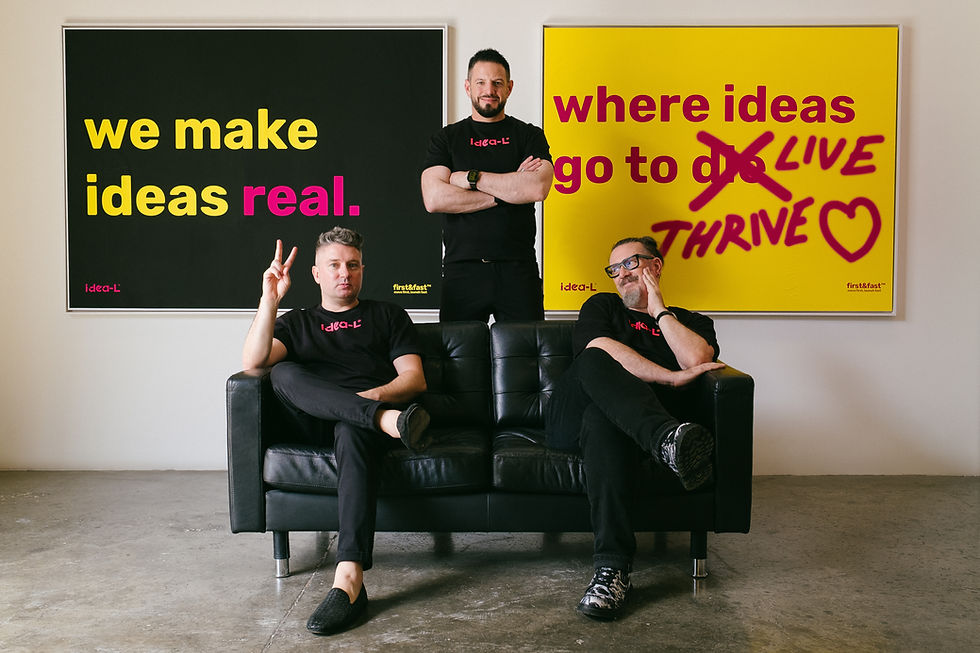The False Binary of Founder Success: It’s Not Talent vs. Effort. It’s Access.
- ramalababidi
- Aug 11, 2025
- 2 min read

We often frame startup success as a matter of grit versus brilliance. Work harder, learn faster, fail better. But this framing ignores a deeper truth: access to the right resources, people, and environments is what separates those who scale from those who stall.
It’s not that one founder is more talented or hardworking. It’s that one had a faster feedback loop, earlier funding, a mentor with the right introduction, or access to tools that collapsed the execution cycle.
The Most Powerful Variable Is Context
When we analyse founder journeys, we focus on the visible: ideas, hours worked, iterations. But we ignore the invisible infrastructure that enables acceleration incubators, networks, early adopters, safety nets.
According to a 2023 Global Entrepreneurship Monitor report, individuals with access to three or more support mechanisms such as funding, mentorship, or peer networks are 65% more likely to launch and sustain ventures beyond the two-year mark.
This isn’t luck. It’s leverage.
Why the Playing Field Remains Uneven
Despite the explosion of startup infrastructure, early access remains gated. The first cheque still comes from a personal connection. Warm intros still dominate capital pipelines. Mentorship still clusters around elite universities, accelerator alumni, and proximity to capital hubs.
This creates a self-reinforcing loop: networks beget resources, resources beget traction, traction validates the network.
Meanwhile, brilliant founders without proximity or polish stall not for lack of capability, but because the on-ramp to opportunity is steep and opaque.
Rewriting the Success Equation
We need to stop idolising the “hustle harder” narrative and start interrogating the structures that turn talent into outcome.
What if success wasn’t a filter for the already privileged, but a system built to include more from the beginning?
That means building platforms that offer early validation, not just late-stage acceleration. Systems that provide psychological safety, not just productivity hacks. Tools that collapse the execution gap for those who don’t have a mentor on speed dial.
What Really Levels the Field
Talentis everywhere. What’s rare is structure. A framework to move from inspiration to implementation. A support system to catch you when uncertainty hits. A signal system that helps ideas get noticed before they’re “proven.”
The next wave of impactful founders won’t be the loudest, the best funded, or the most credentialed. They’ll be the ones who had access to the right foundation early, clearly, and equitably.






Comments